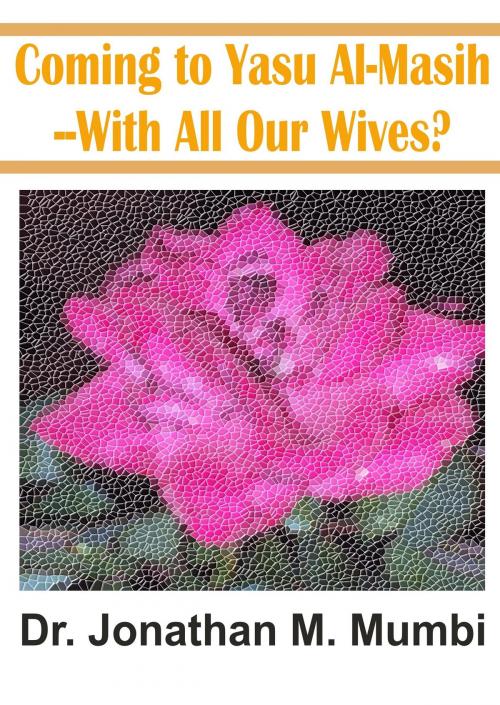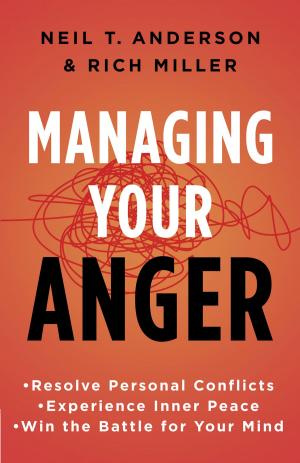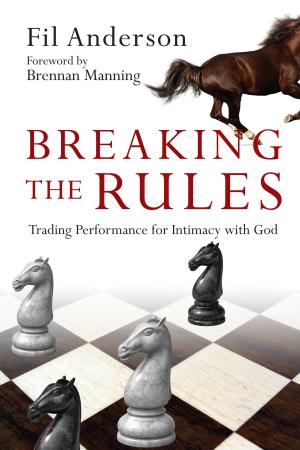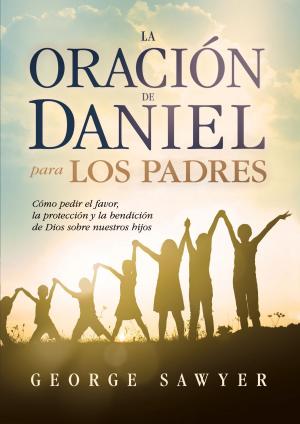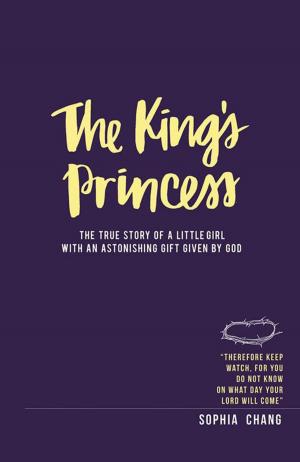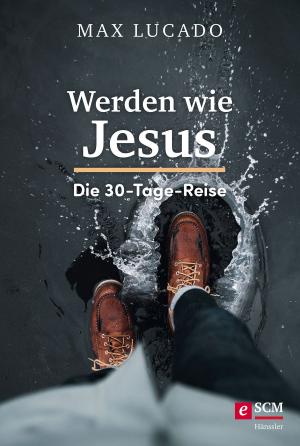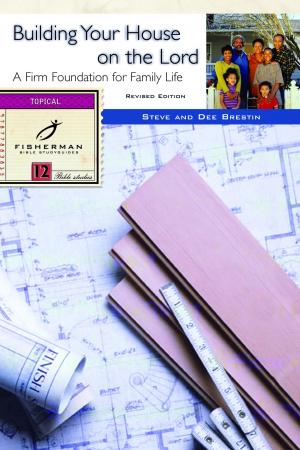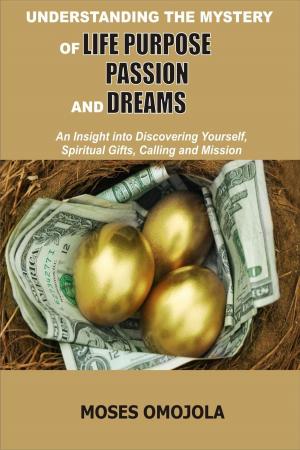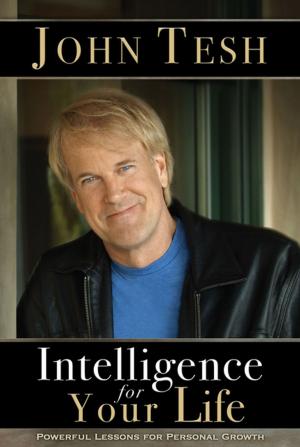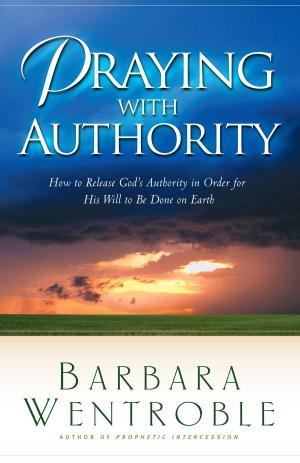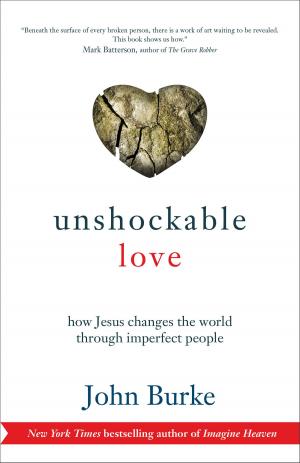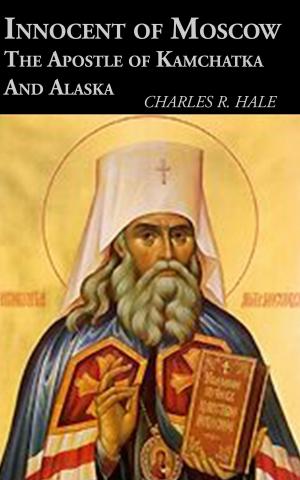Coming To Yasu Al-Masih: With All Our Wives?
Nonfiction, Family & Relationships, Relationships, Marriage, Religion & Spirituality, Christianity, Christian Life| Author: | Jonathan Mubanga Mumbi | ISBN: | 9781370817214 |
| Publisher: | Jonathan Mubanga Mumbi | Publication: | May 8, 2017 |
| Imprint: | Smashwords Edition | Language: | English |
| Author: | Jonathan Mubanga Mumbi |
| ISBN: | 9781370817214 |
| Publisher: | Jonathan Mubanga Mumbi |
| Publication: | May 8, 2017 |
| Imprint: | Smashwords Edition |
| Language: | English |
There are billions of people in the Third and Fourth Worlds of our planet who must structure their families in such a way that they will survive together. These expansive family structures recognize family membership that extends to people who fall outside the Western nuclear family culture. Most of them live in societies that allow family leaders to marry more than one wife under certain circumstances. The good news of Jesus Christ (Yasu or Issa Al-Masih) is beginning to reach them. One big cultural problem stands in their way. The Church is not ready to accept them as equal heirs of salvation unless they become monogamous.
Torn between their love for the Messiah (Al-Masih) and this Christian requirement for Church membership, they are forced to search the scriptures. They see nobody condemned to hell for marrying an additional wife, they hear no commandment to never marry more than one wife, and they are confused. They are confused because some scriptures seem to approve the marriage arrangement while others seem to emphasize monogamy. They do not know why the Western Church looks fiery in its persecution of polygynists and warm and cozy towards easy divorces and gay marriages. They wonder why some of the godly men of the Old Testament lived with polygamous marriages without persecuting those who were involved. They also wonder why the recommendations of the Great Council at Jerusalem (Acts 15:28-29) do not include such a prohibition.
Dr. Mumbi tries to outline some of the reason why the Church is in this state of not really being open to receiving people whose cultures differ on this point. The Western Church inherited Roman cultural baggage when the Persecuted Church became the official religion of the Roman Empire. It moved away from permanence of marriage as a value to valuing the fact of monogamy regardless of how many broken hearts (injured by divorce) it takes to achieve it. This culture has followed Western civilization while the Church tries to steer back to permanence of marriage. A fifty percent divorce rate in Christendom bears testimony to the fact that it is not winning the battle for permanence of marriage. The answer might well be in opening the door to people of cultures that do not divorce easily.
New believers coming from Muslim and African Indigenous Religious backgrounds come from expansive family structures that often tolerate polygyny. Some are coming to faith as whole households and some are coming in as individual converts. Missionaries are happy to see people coming under the Lordship of Al-Masih, but pastors find the "new wine" too explosive to fit their usual "wine skins."
This writer celebrates messianic Mosques assimilating new believers in Yasu Al-Masih who have come to embrace the Word of God in the Christian Bible as the truth. However, Dr. Mumbi would be happier to see the Church come to health by removing every impediment to the unity of the body of Christ removed. Many missionaries are willing to give their lives in death in order to reach Muslims and indigenous peoples with the love of God; but alas, the believers they do reach cannot come to Yasu Al-Masih's house of prayer because the gate keepers reject their families. To the question, "are polygamous believers welcome into the Church of Yasu Al-Masih?" this writer has to answer, "yes!" And to the follow on question, "with all their wives?" this writer has to agree, "yes! With all their wives!" Why? Because the Gospel has to be allowed to do its work of redemption and transformation before people can engage both the cultural baggage that comes with the Gospel they have received, and the cultural baggage they themselves bring into their new-found Faith.
There are billions of people in the Third and Fourth Worlds of our planet who must structure their families in such a way that they will survive together. These expansive family structures recognize family membership that extends to people who fall outside the Western nuclear family culture. Most of them live in societies that allow family leaders to marry more than one wife under certain circumstances. The good news of Jesus Christ (Yasu or Issa Al-Masih) is beginning to reach them. One big cultural problem stands in their way. The Church is not ready to accept them as equal heirs of salvation unless they become monogamous.
Torn between their love for the Messiah (Al-Masih) and this Christian requirement for Church membership, they are forced to search the scriptures. They see nobody condemned to hell for marrying an additional wife, they hear no commandment to never marry more than one wife, and they are confused. They are confused because some scriptures seem to approve the marriage arrangement while others seem to emphasize monogamy. They do not know why the Western Church looks fiery in its persecution of polygynists and warm and cozy towards easy divorces and gay marriages. They wonder why some of the godly men of the Old Testament lived with polygamous marriages without persecuting those who were involved. They also wonder why the recommendations of the Great Council at Jerusalem (Acts 15:28-29) do not include such a prohibition.
Dr. Mumbi tries to outline some of the reason why the Church is in this state of not really being open to receiving people whose cultures differ on this point. The Western Church inherited Roman cultural baggage when the Persecuted Church became the official religion of the Roman Empire. It moved away from permanence of marriage as a value to valuing the fact of monogamy regardless of how many broken hearts (injured by divorce) it takes to achieve it. This culture has followed Western civilization while the Church tries to steer back to permanence of marriage. A fifty percent divorce rate in Christendom bears testimony to the fact that it is not winning the battle for permanence of marriage. The answer might well be in opening the door to people of cultures that do not divorce easily.
New believers coming from Muslim and African Indigenous Religious backgrounds come from expansive family structures that often tolerate polygyny. Some are coming to faith as whole households and some are coming in as individual converts. Missionaries are happy to see people coming under the Lordship of Al-Masih, but pastors find the "new wine" too explosive to fit their usual "wine skins."
This writer celebrates messianic Mosques assimilating new believers in Yasu Al-Masih who have come to embrace the Word of God in the Christian Bible as the truth. However, Dr. Mumbi would be happier to see the Church come to health by removing every impediment to the unity of the body of Christ removed. Many missionaries are willing to give their lives in death in order to reach Muslims and indigenous peoples with the love of God; but alas, the believers they do reach cannot come to Yasu Al-Masih's house of prayer because the gate keepers reject their families. To the question, "are polygamous believers welcome into the Church of Yasu Al-Masih?" this writer has to answer, "yes!" And to the follow on question, "with all their wives?" this writer has to agree, "yes! With all their wives!" Why? Because the Gospel has to be allowed to do its work of redemption and transformation before people can engage both the cultural baggage that comes with the Gospel they have received, and the cultural baggage they themselves bring into their new-found Faith.
